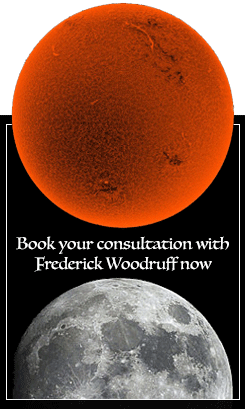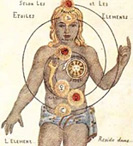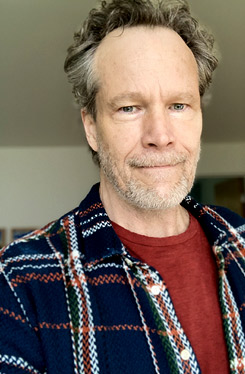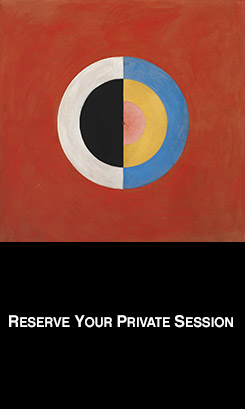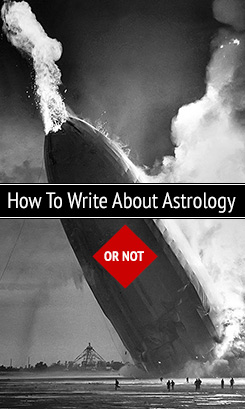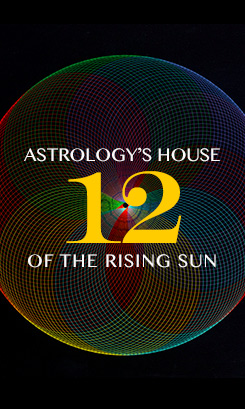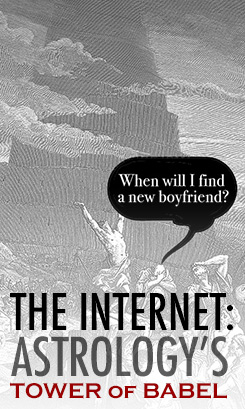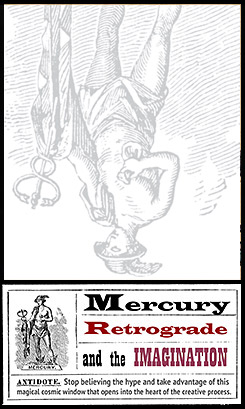Understanding How Astrology “Works”
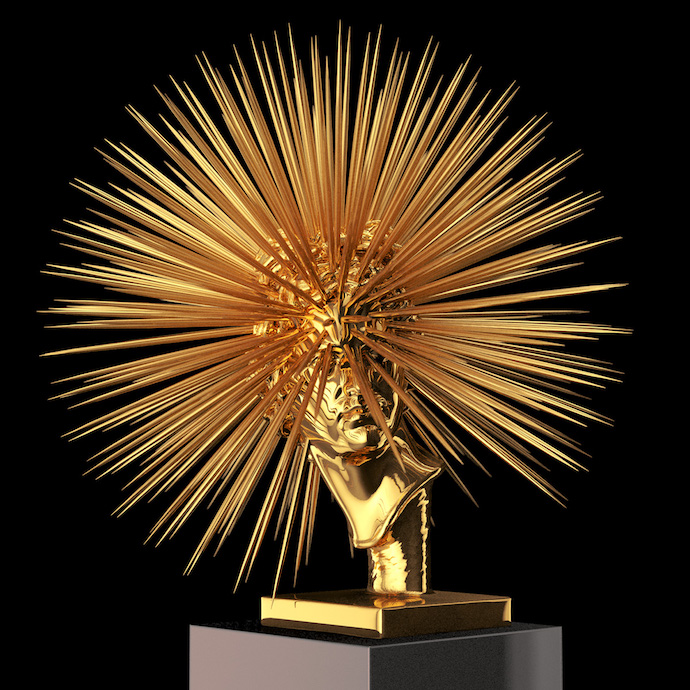
This is a quote from the author Tom Cheetham, a scholarly expert when it comes to interpreting the works of Henry Corbin, the renowned philosopher and professor of Islamic Studies (1903-1978). Corbin was responsible for redirecting the study of Islamic philosophy, transforming erstwhile ideas about Islam into a rich panoply of poetry and esoteric vision.
Reading Cheetham (which is infinitely easier than reading Corbin) is an exercise in acquainting yourself with astrology’s deepest truths: The planets, the Sun and the Moon are living beings.
Cheetham writes:
“This limitless cosmos is full of Presences, full of Persons — full of angels.
We have to discard all our trivialized and anthropocentric conceptions of the nature of such beings. They are personified metaphysical presences, the movers of the worlds, and they provide the connection between ourselves and divinity.
There is no question of anthropomorphism. The personality of these beings is not derived from ours; ours is only a dim reflection of theirs.
The hermeneutic ability of the creative Imagination to transmute all things into symbols destroys the distinction between psychology and cosmology and unites them in a psycho-cosmology in which Creator and creature participate not as opposing terms with an unbridgeable gulf separating them, but as complementary poles of a divine drama.
‘The personal God [Corbin writes] is . . . encountered at the end of a Quest (as of that for the Holy Grail).’ The endpoint of this search is not an idol, not a thing at all, and therefore not an end but a beginning … the Emptiness, the Unknown, and the Unknowable into which one falls upward in an unending series of theophanies.”
Astrology is born of humankind’s relationship to nature, or put another way, astrology is an extension, within the human, of the angelic of which men and women have an opportunity to play an active role through conscious awareness of Being.
Conditions of Being or Presence are not difficult to grasp. Attention, an active force of awareness that we each possess, has the ability to guide and focus our inquiry through the relational qualities inherent in Presence.
Presence is described as such by Samer Akkach in the book Cosmology and Architecture in Premodern Islam:
“The notion of presence refers to the complex web of physical, mental, and spiritual relationships a being spawns by its very existence and the influences it exerts through this web of connectedness. A thing is perceived to have a presence insofar as it impacts other presences, influences their course of existence, and becomes part of their world. In other words, it is not the mere existence of the thing that matters but rather its level of impact and domain of influence. This is what makes it effectively present.”
For more inquiry on this thread see the following.
